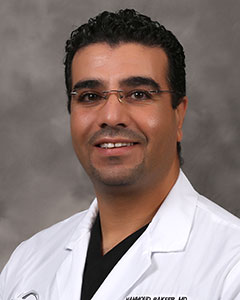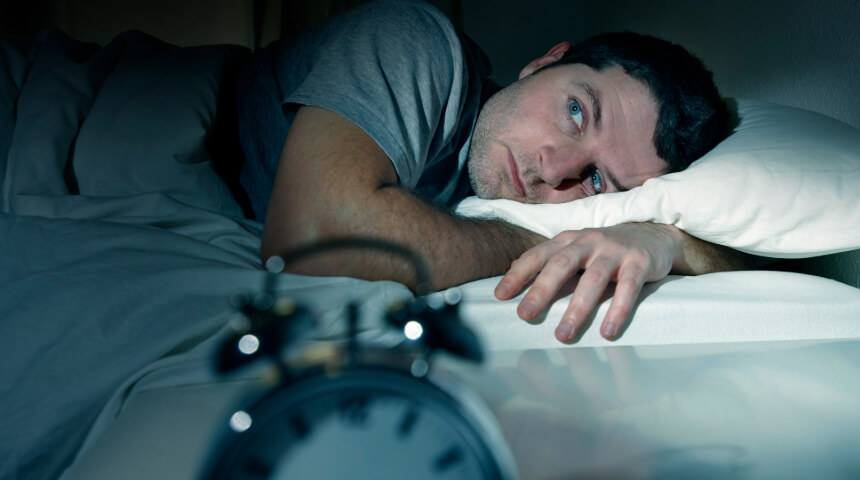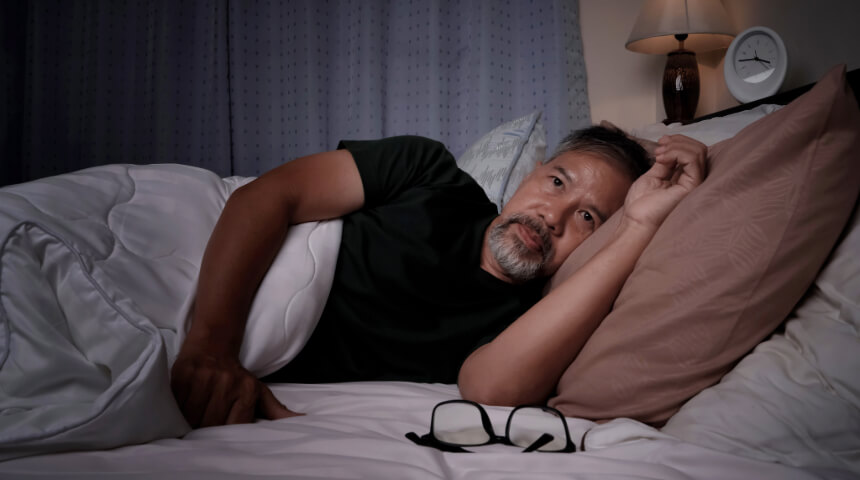Feeling “Spaced Out?” You May Need More Sleep
It’s normal to feel groggy for those few minutes after you wake up, but if you still feel spaced out once you’ve gotten out of bed, you may have gotten too little sleep. And that lack of sleep can affect you throughout the day.
Sleep is not just for beauty, although too little sleep is linked to skin aging, including wrinkles. It provides a restorative period that benefits the body and the mind, and when you don’t get enough of it, you may be forgetful have difficulty learning, be less coordinated, and be more prone to gain weight.
What Happens When You Sleep
When you sleep, your body goes through multiple sleep cycles. During the deepest stage, tissue growth and repair occurs and hormones, including the growth hormone are released. (The growth hormone is not just beneficial to children; in adults, the hormone helps with body structure, metabolism and maintenance of glucose levels).
A recent study indicated that when you don’t get enough sleep, brain cells don’t communicate with each other as quickly because their electrical activity is slower and weaker –which can explain the groggy, “spaced out” feeling of sleep deprivation.
Signs of Not Getting Enough Sleep
Doctors generally recommend that adults get seven to eight hours of sleep, teens get nine to ten hours, and school aged children get at least ten. If you routinely fall asleep, get drowsy or find yourself nodding off during the day, you may be sleep deprived
Nodding off—or “microsleeping” is your body’s way of forcing you to get the sleep you need—even when you’re trying to stay awake. This is especially dangerous if you’re driving or operating machinery. “Drowsy driving” can result in slower reaction times, inattention, impaired thinking and worse—falling asleep behind the wheel.
While caffeine may temporarily stave off sleepiness, it still doesn’t give your body and brain the rejuvenation needed. Its effect gets tolerated quickly. The one way to do that? Sleep.
How to Create Healthy Sleep Habits
Some quick tips from the American Academy of Sleep Medicine for a good night’s sleep include:
- Keep a consistent schedule for going to bed and for waking up
- Set a bedtime that allows you to get at least 7 hours of sleep
- Turn off electronic devices at least 30 minutes before bed
- Avoid caffeine in the late afternoon or evening
- Avoid alcohol before bedtime
Sleep Disorders
If you can’t fall asleep or stay asleep, or if you can’t stay awake, you may be experiencing a sleep disorder. The most common sleep disorders are insomnia, sleep apnea, restless leg syndrome (RLS) and narcolepsy.
We Build Relationships
We believe that maintaining a healthy lifestyle is the key to living a longer, healthier life. Orlando Health Physicians strive to build a relationship with each patient. Request an appointment with one of our primary care physicians with offices located throughout Central Florida.
Schedule an Appointment










